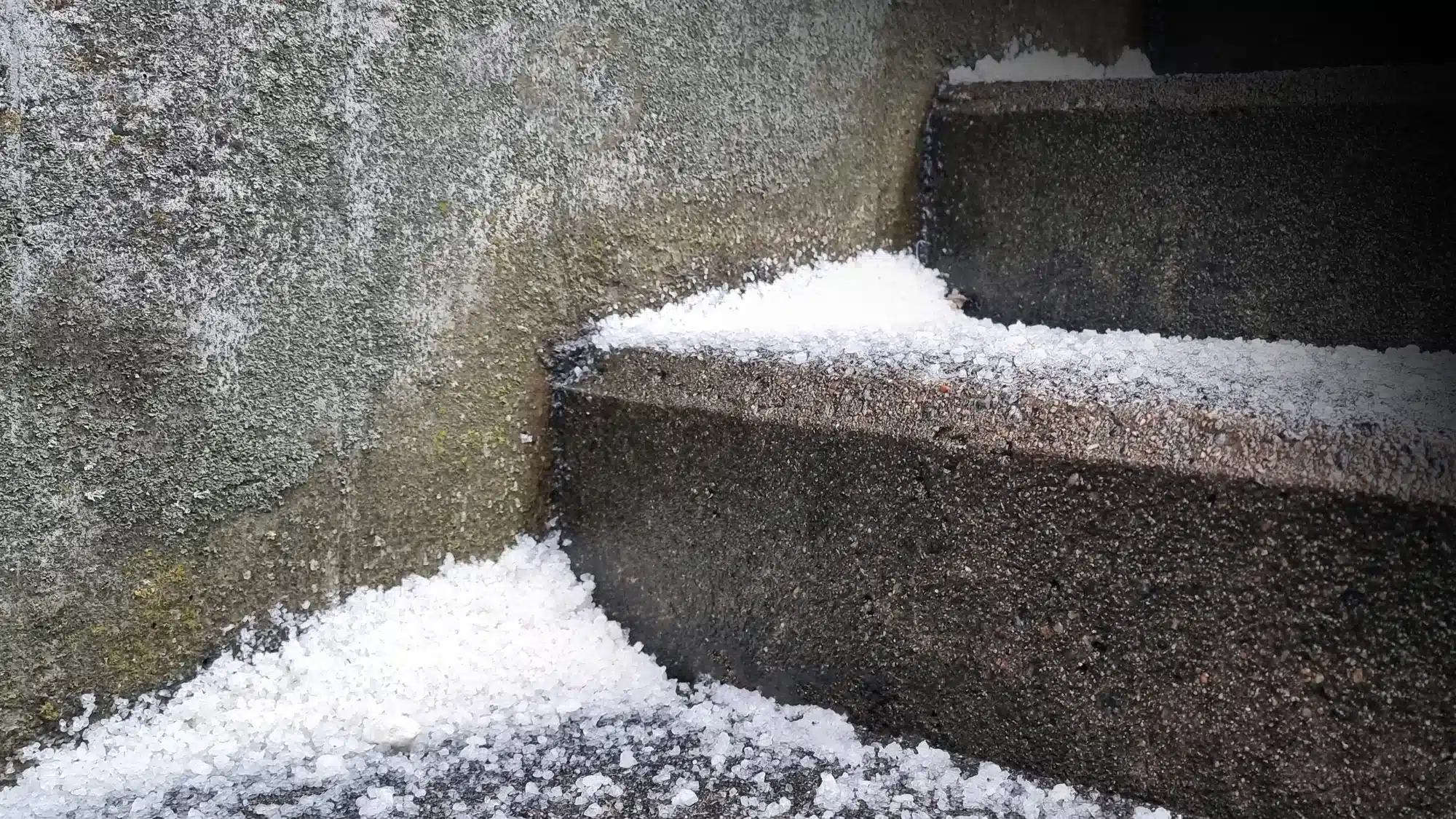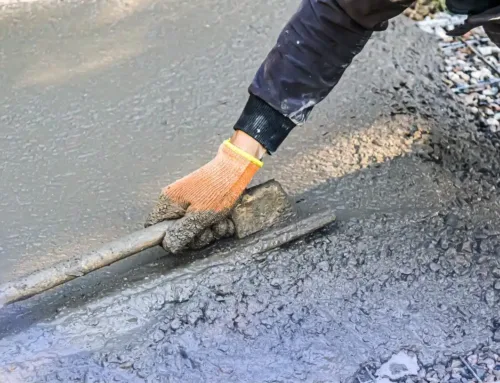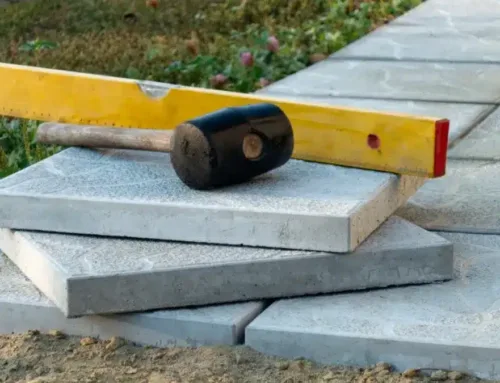Understanding Early Winter’s Impact on Concrete
As the holiday season approaches, homeowners and businesses alike face a unique set of challenges: early winter weather can severely stress concrete surfaces. From driveways to patios, the combination of freezing temperatures, moisture, and de-icing chemicals can compromise both the appearance and structural integrity of concrete installations.
Key Winter Hazards for Concrete Surfaces
1. Freeze-Thaw Cycles
- Water infiltration: Moisture seeps into tiny cracks and pores in concrete. When temperatures drop, this water freezes and expands, causing cracks to widen and the surface to flake or spall.
- Repeated cycles: Each freeze-thaw event leaves behind voids and weakens the slab, leading to scaling, broken edges, and even frost heaving—where sections of concrete lift and crack.
2. Delayed Curing and Reduced Strength
- Cold weather slows curing: Freshly poured concrete sets much more slowly in cold conditions, especially below 50°F. If concrete freezes before reaching sufficient strength, it can lose up to 50% of its final durability.
- Surface damage: Early freezing disrupts the bond between cement and aggregate, resulting in permanent surface flaws and weakened structure.
3. De-Icing Chemicals and Snow
- Chemical scaling: While de-icing agents help prevent slips, they can accelerate surface scaling and flaking, especially on newer concrete.
- Water accumulation: Snow and ice introduce more moisture, increasing the risk of freeze-thaw damage and efflorescence (white, powdery deposits from dissolved salts).
Proactive Protection: Best Practices for Winter Concrete Care
Seal and Maintain
- Apply a high-quality sealant to block moisture and reduce freeze-thaw stress.
- Ensure proper drainage to prevent water accumulation around concrete surfaces.
Mind the Mix and Curing
- Use cold-weather concrete mixes and accelerators to promote early strength gain.
- Protect fresh concrete with insulating blankets or heated enclosures for at least the first 48 hours.
Safe De-Icing
- Avoid salt on new concrete (less than a year old); rinse thoroughly in the spring if used.
- Use sand or non-corrosive de-icers to minimize chemical damage.
Why Choose Professional Help?
Early winter is a critical time for concrete maintenance. Searching “concrete patio contractors near me” to hire ensures your surfaces are properly protected and maintained, maximizing their lifespan and appearance through harsh weather. Pinnacle Concrete Solutions offers expert guidance and services tailored to local climate challenges, helping you safeguard your investment for many seasons to come.
Contact Pinnacle Concrete Solutions—the trusted concrete patio contractors near you—for a winter-ready consultation and proactive care.





